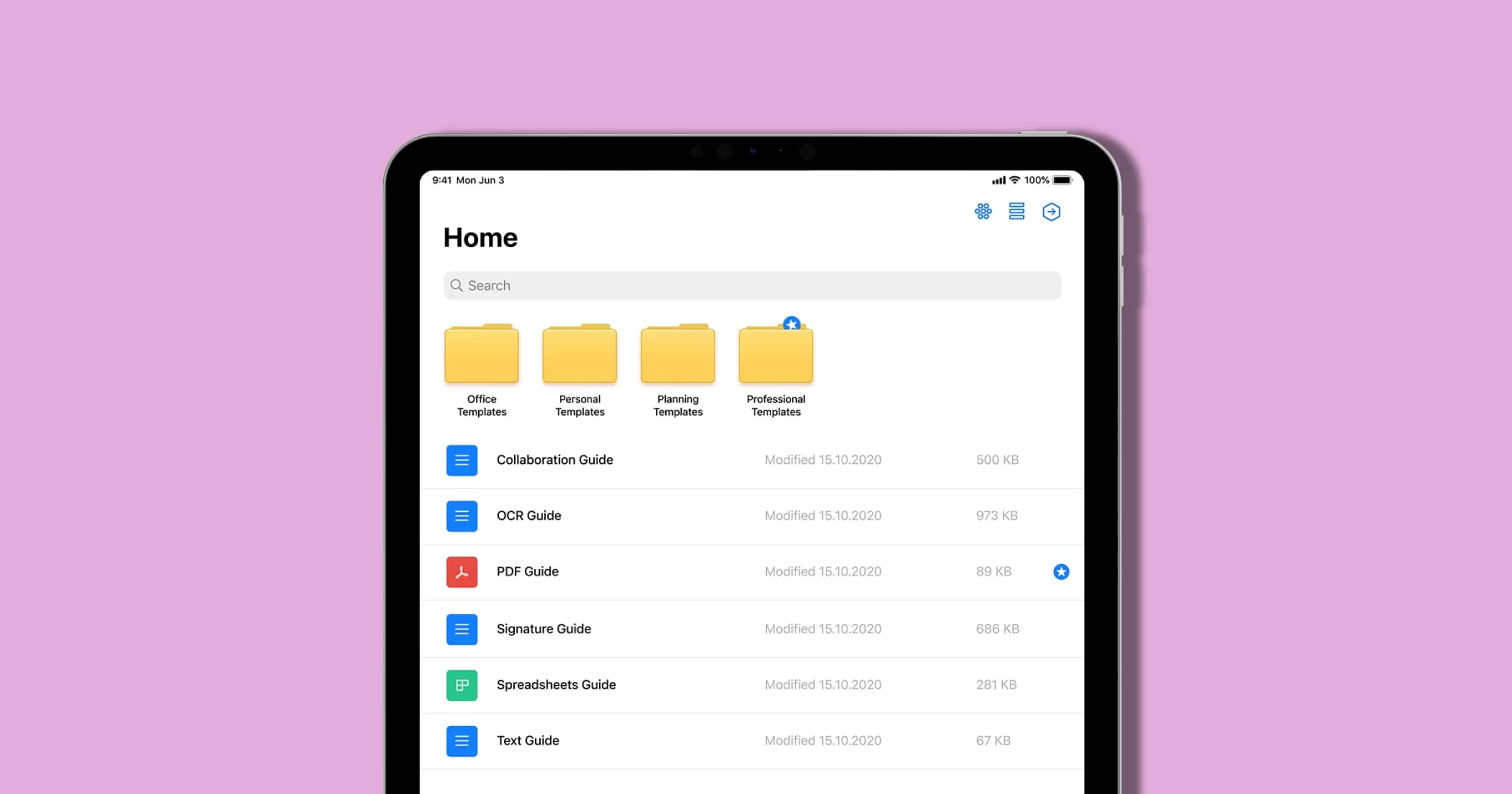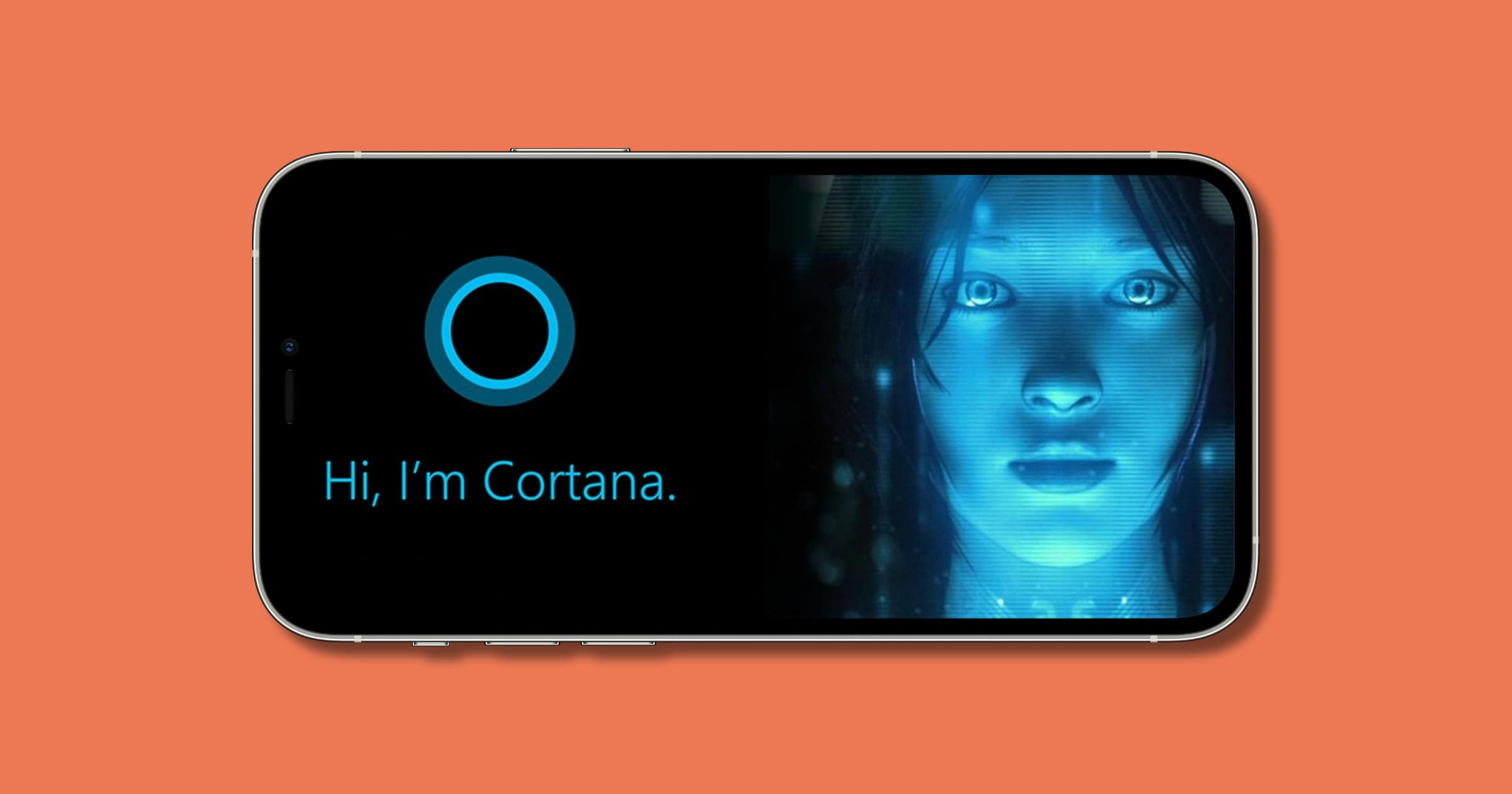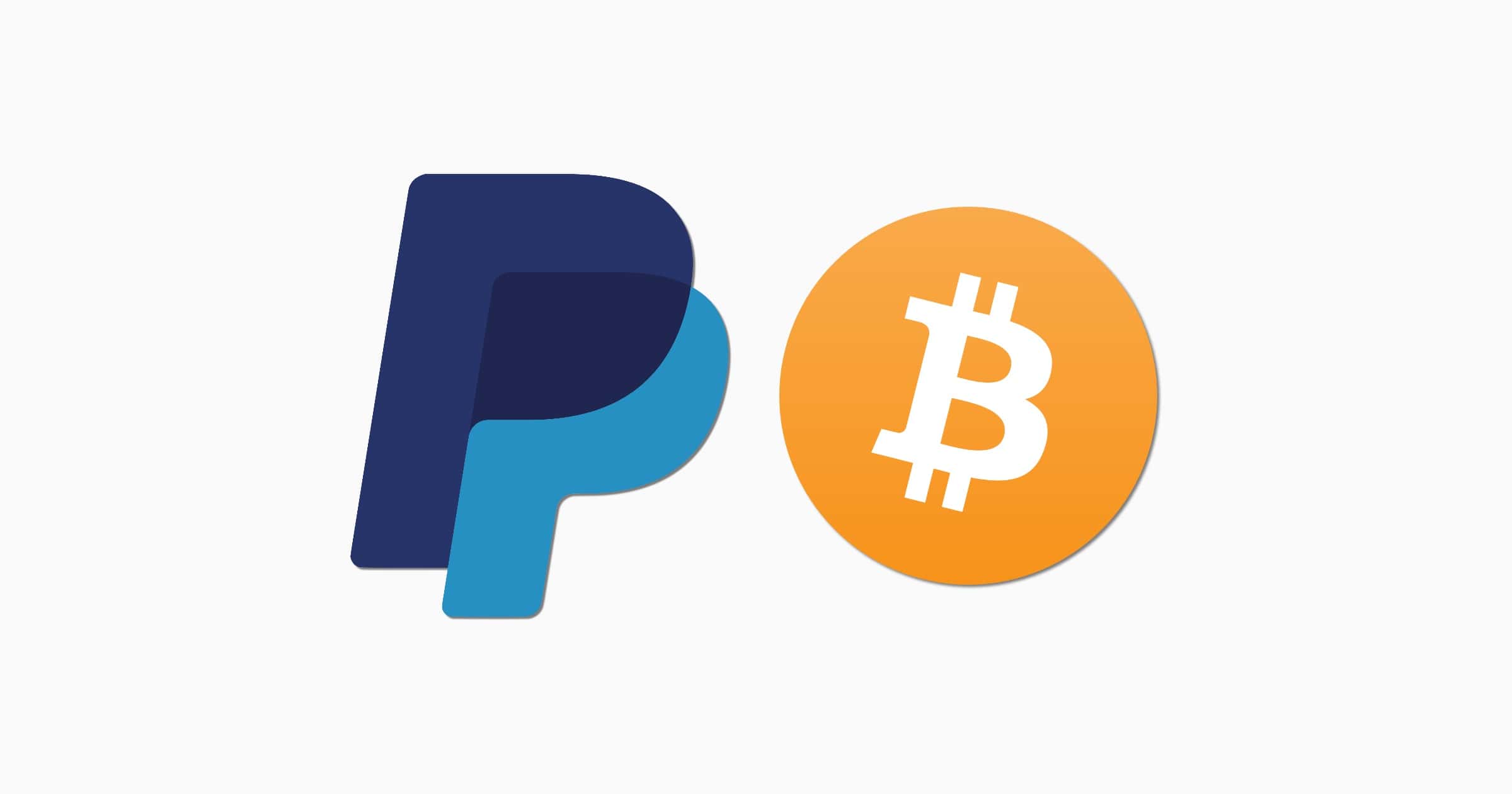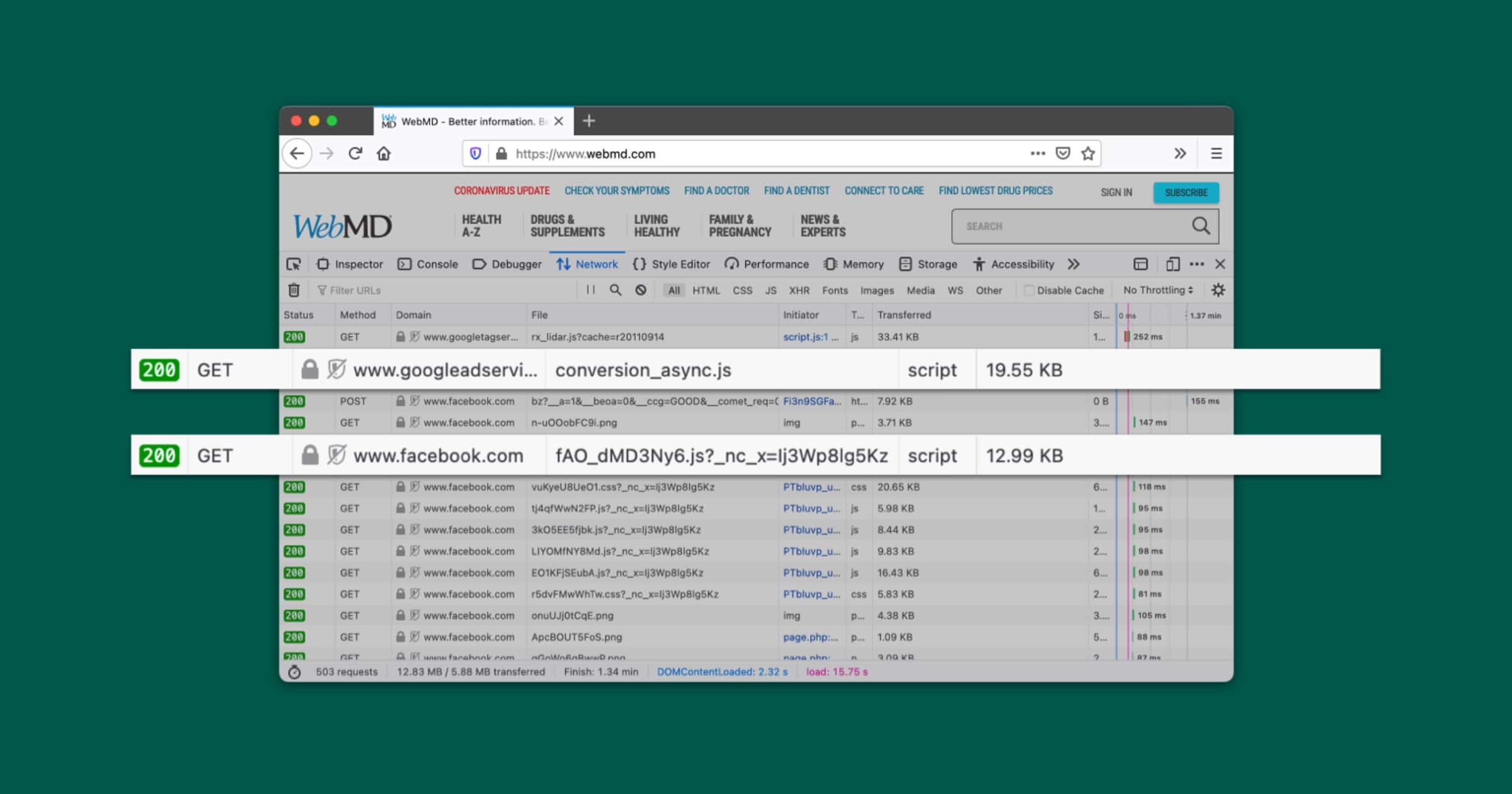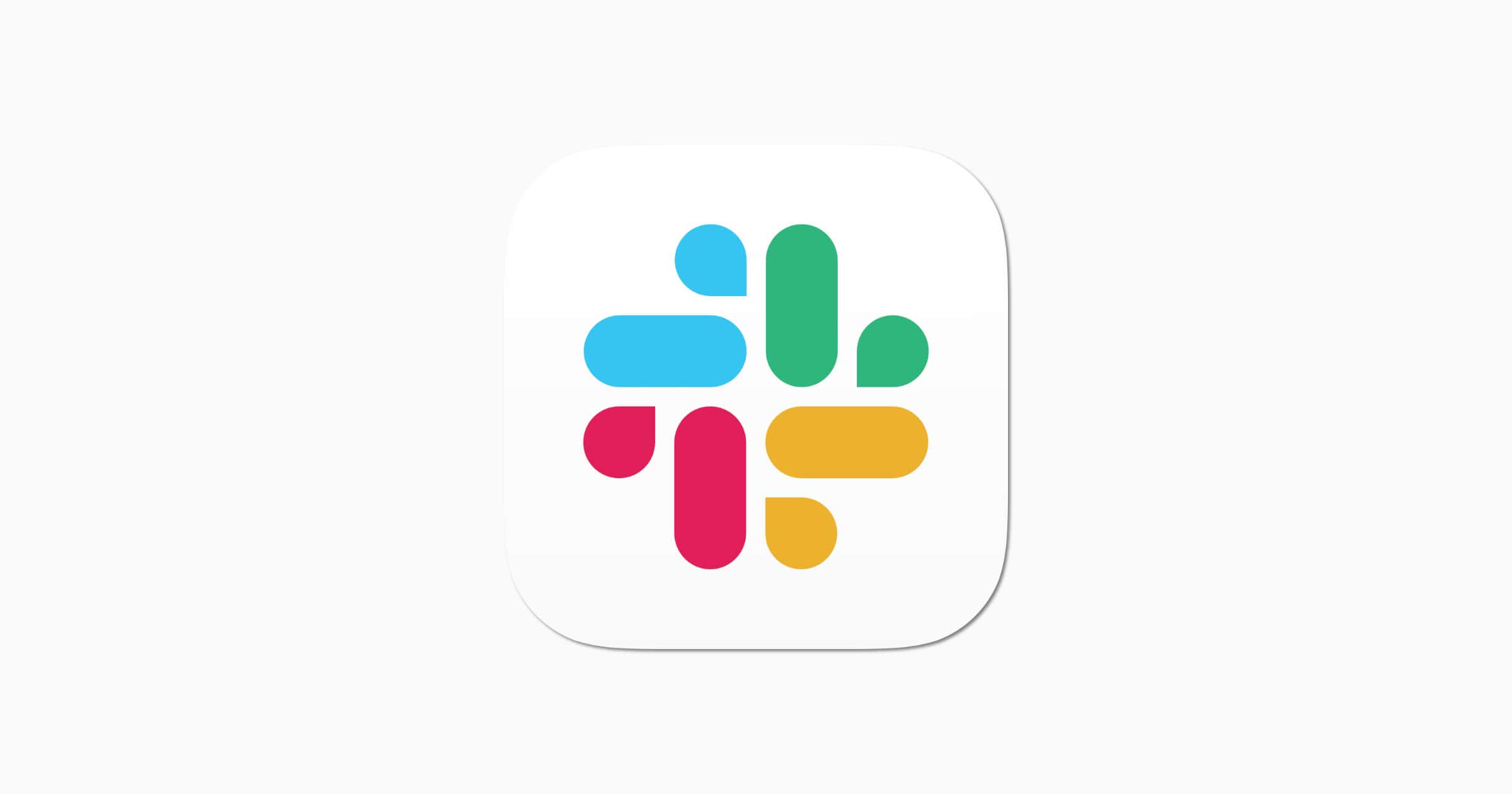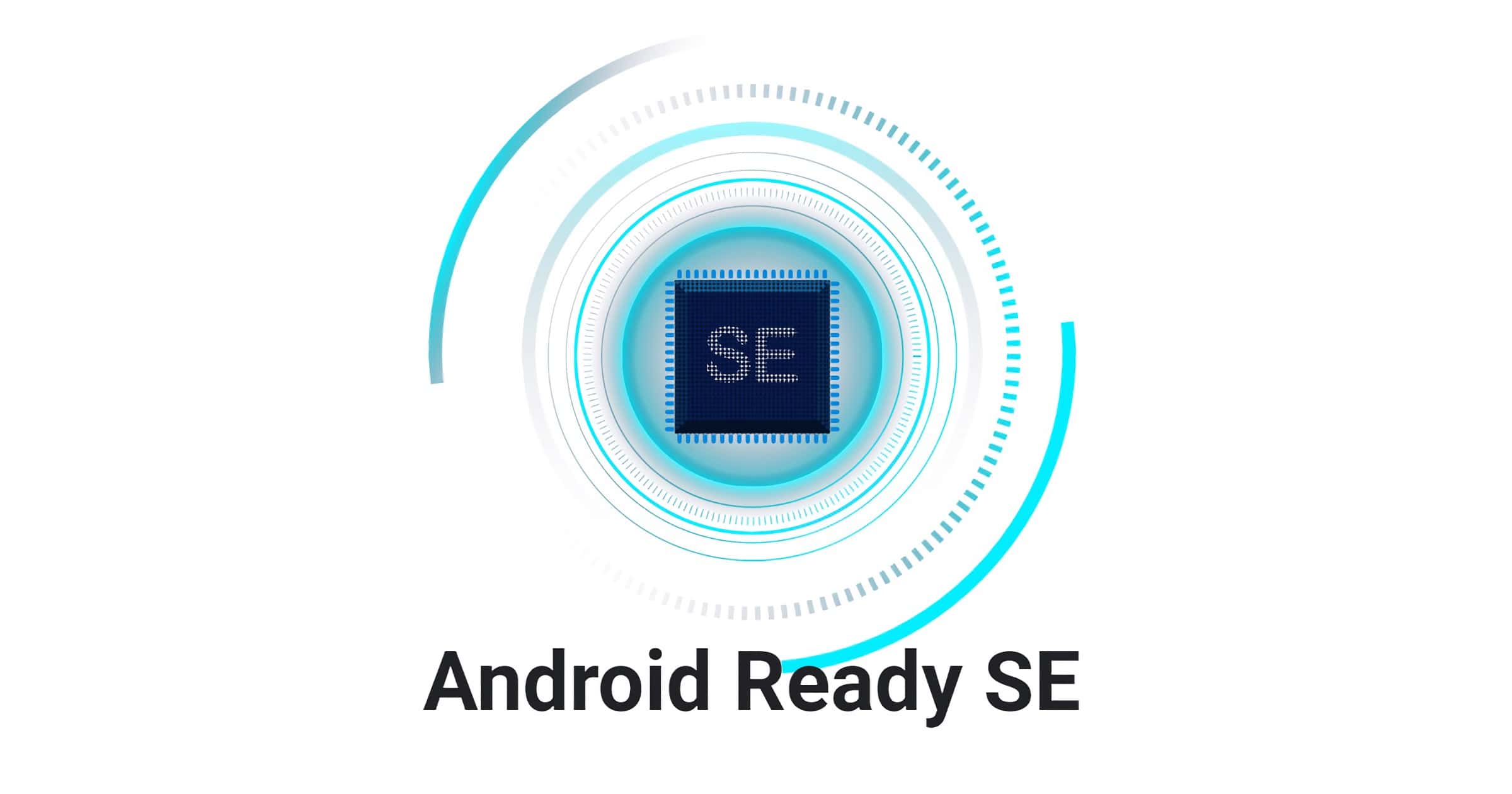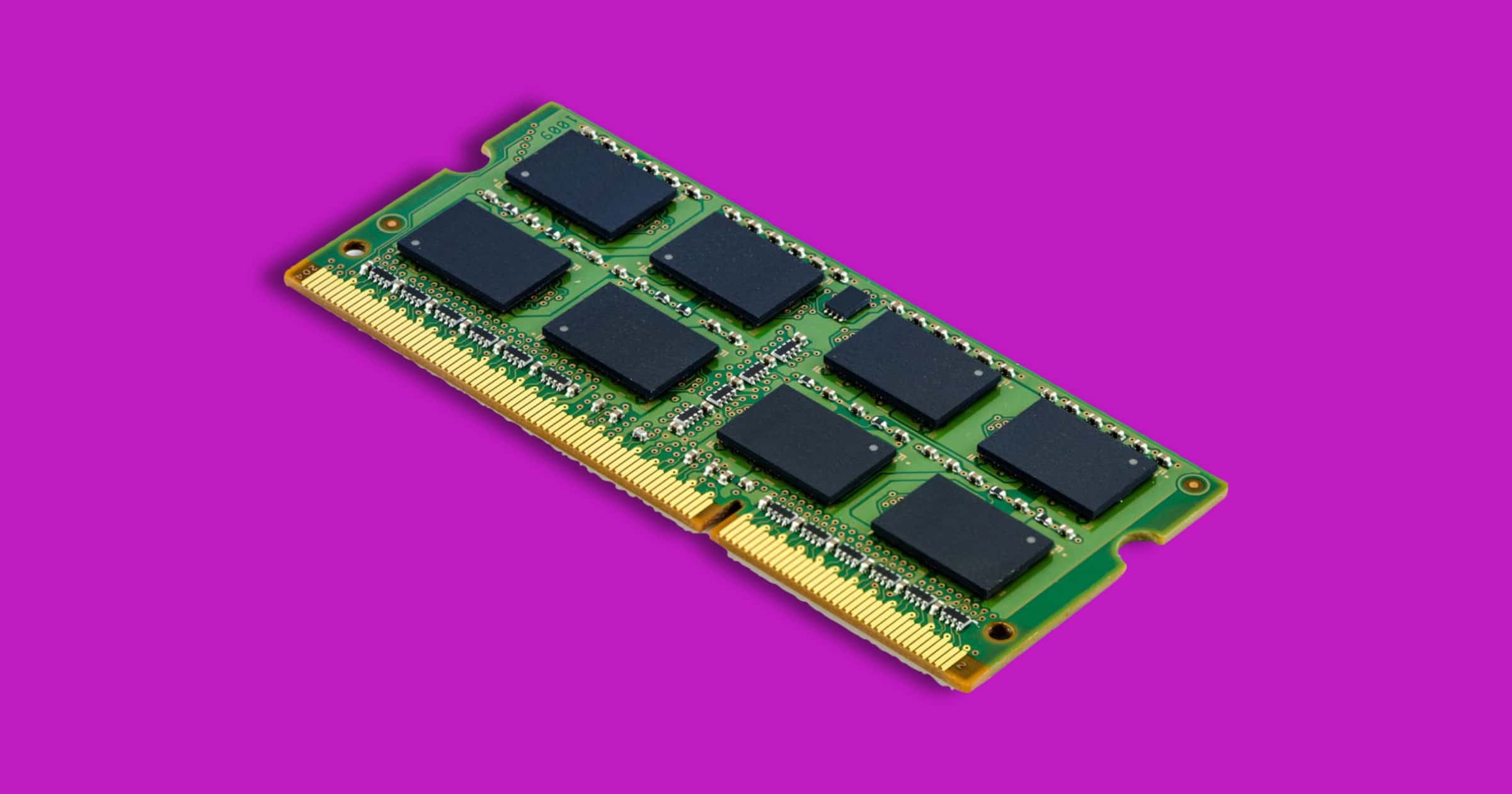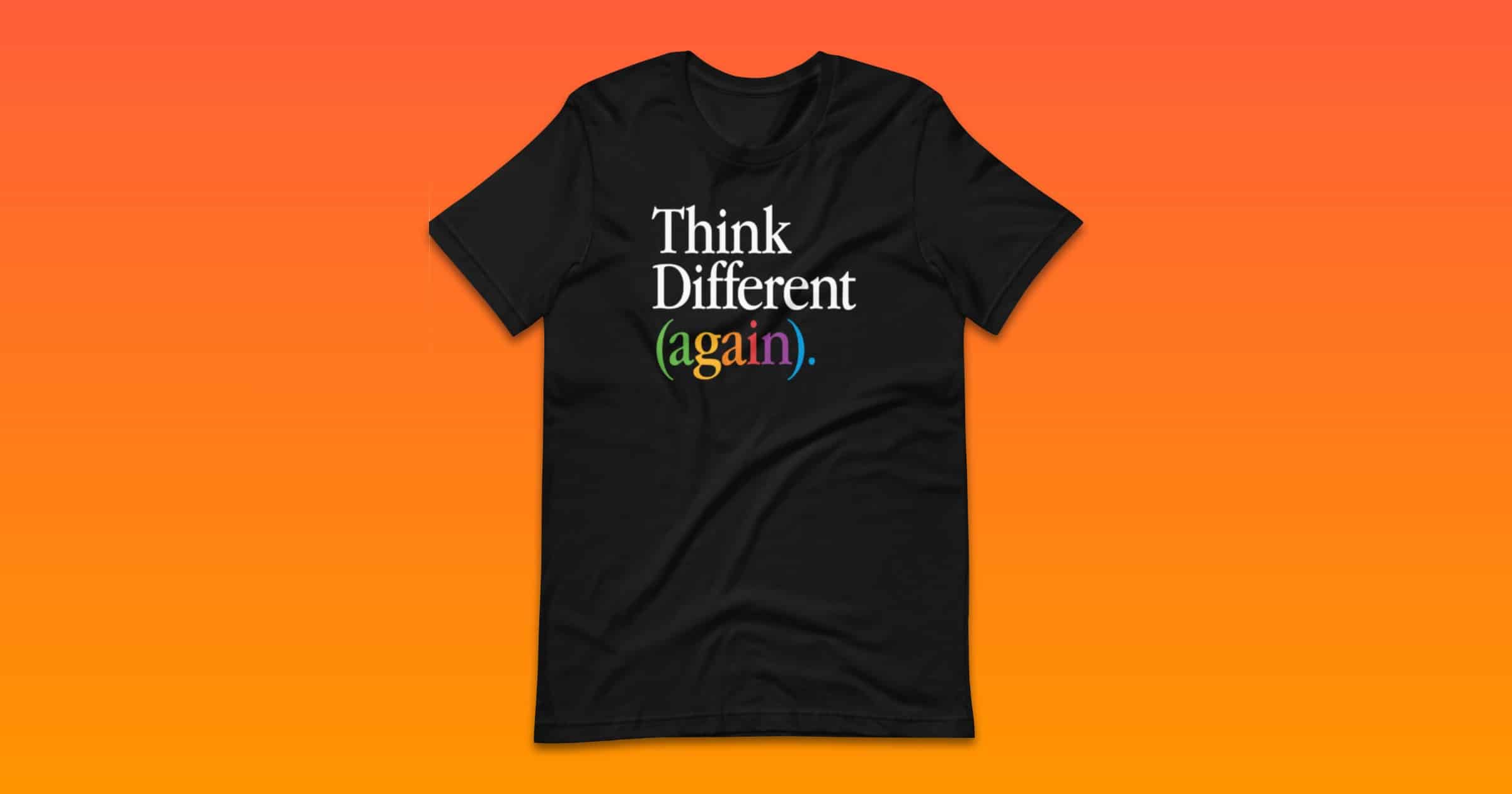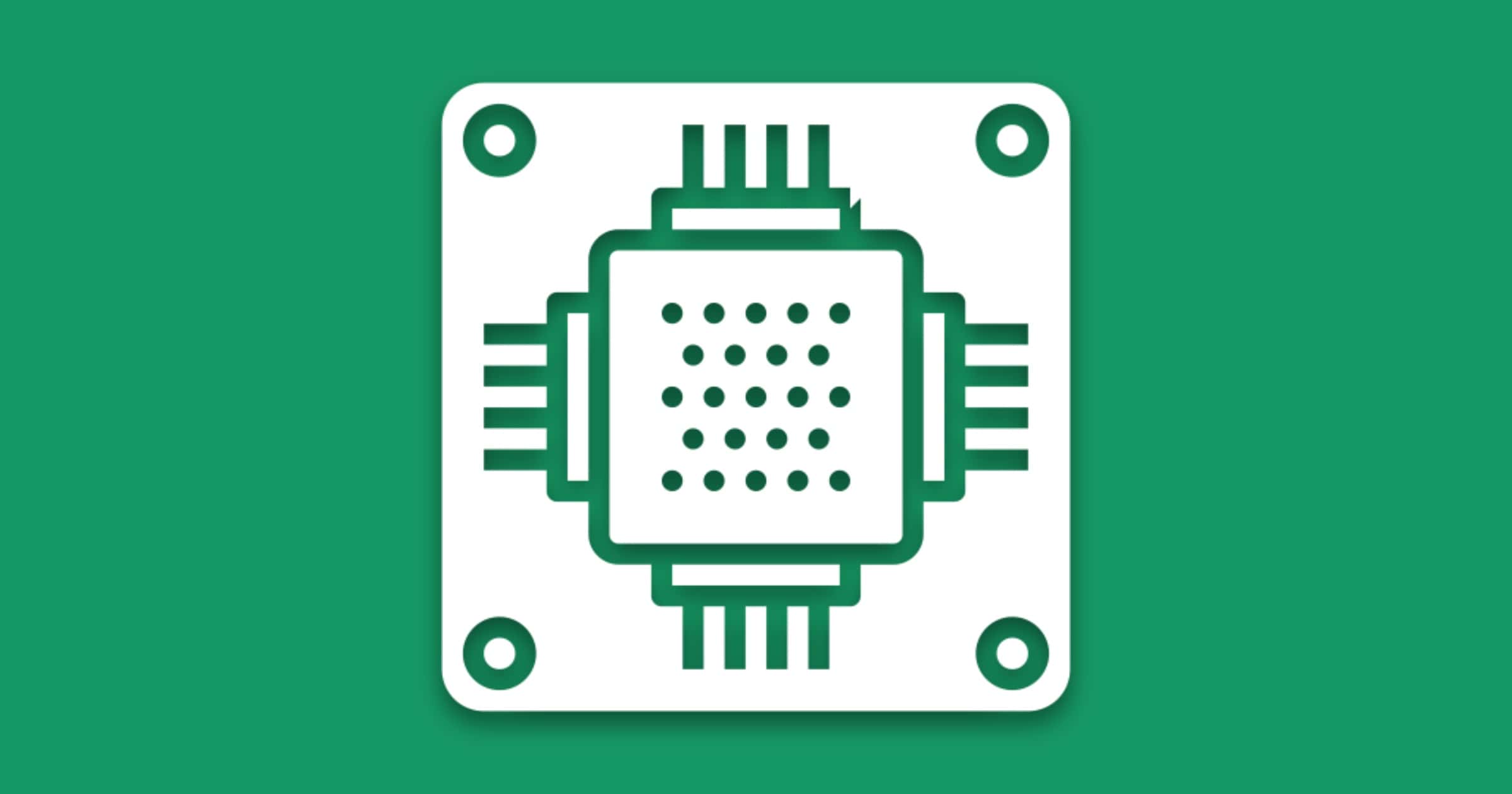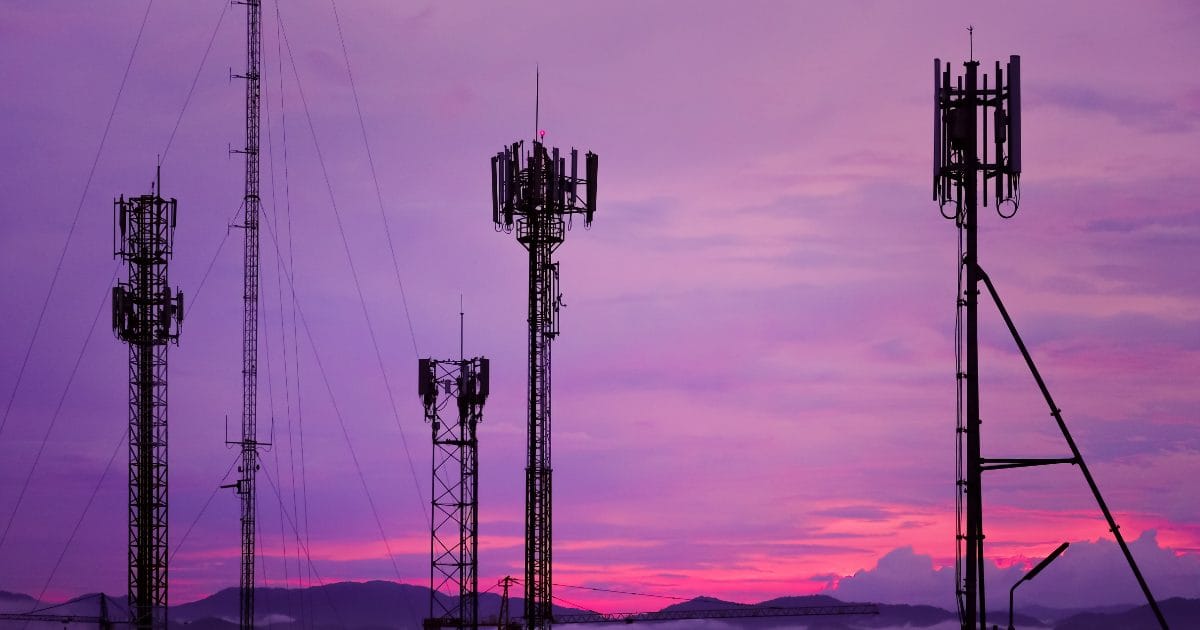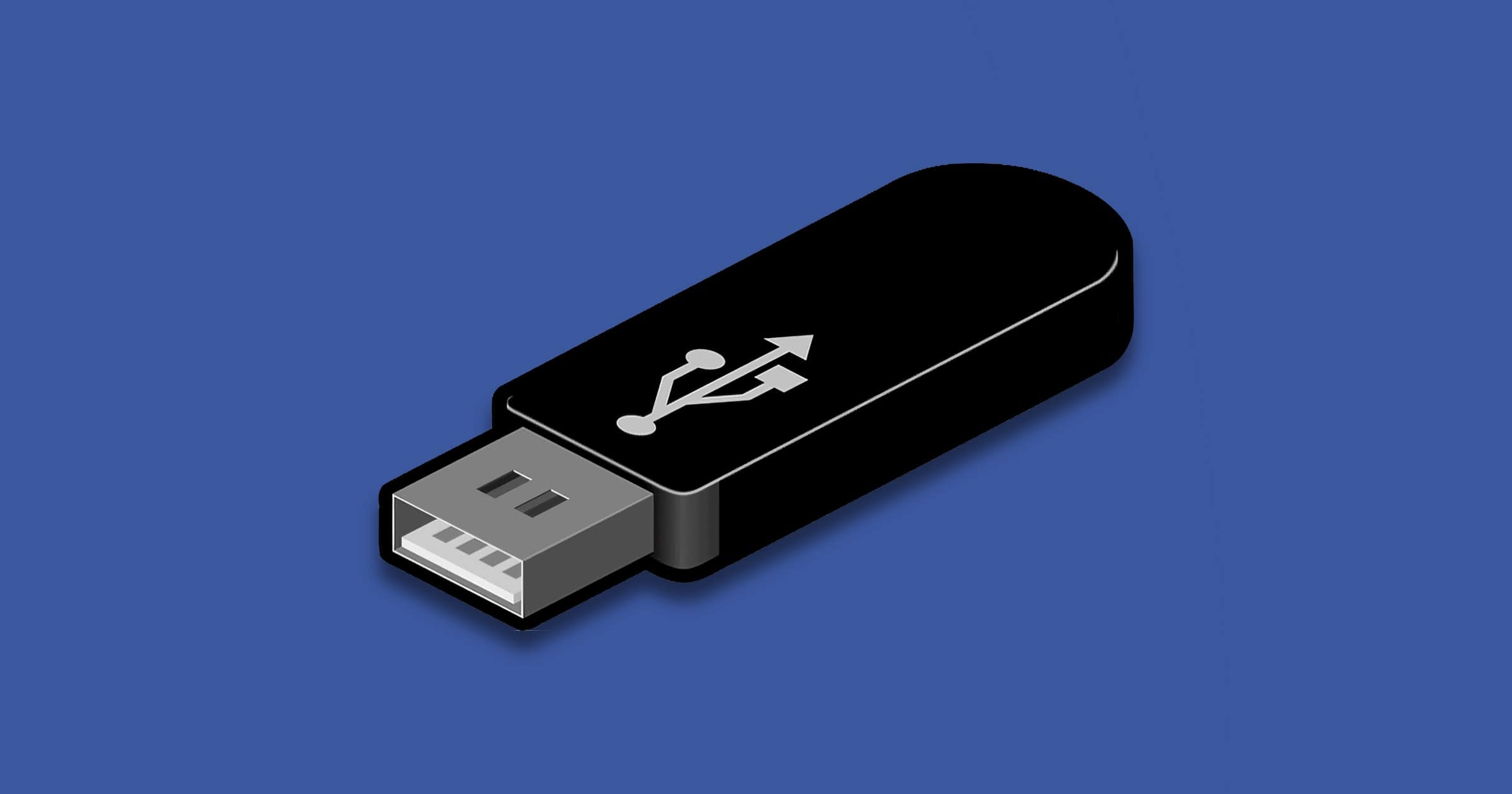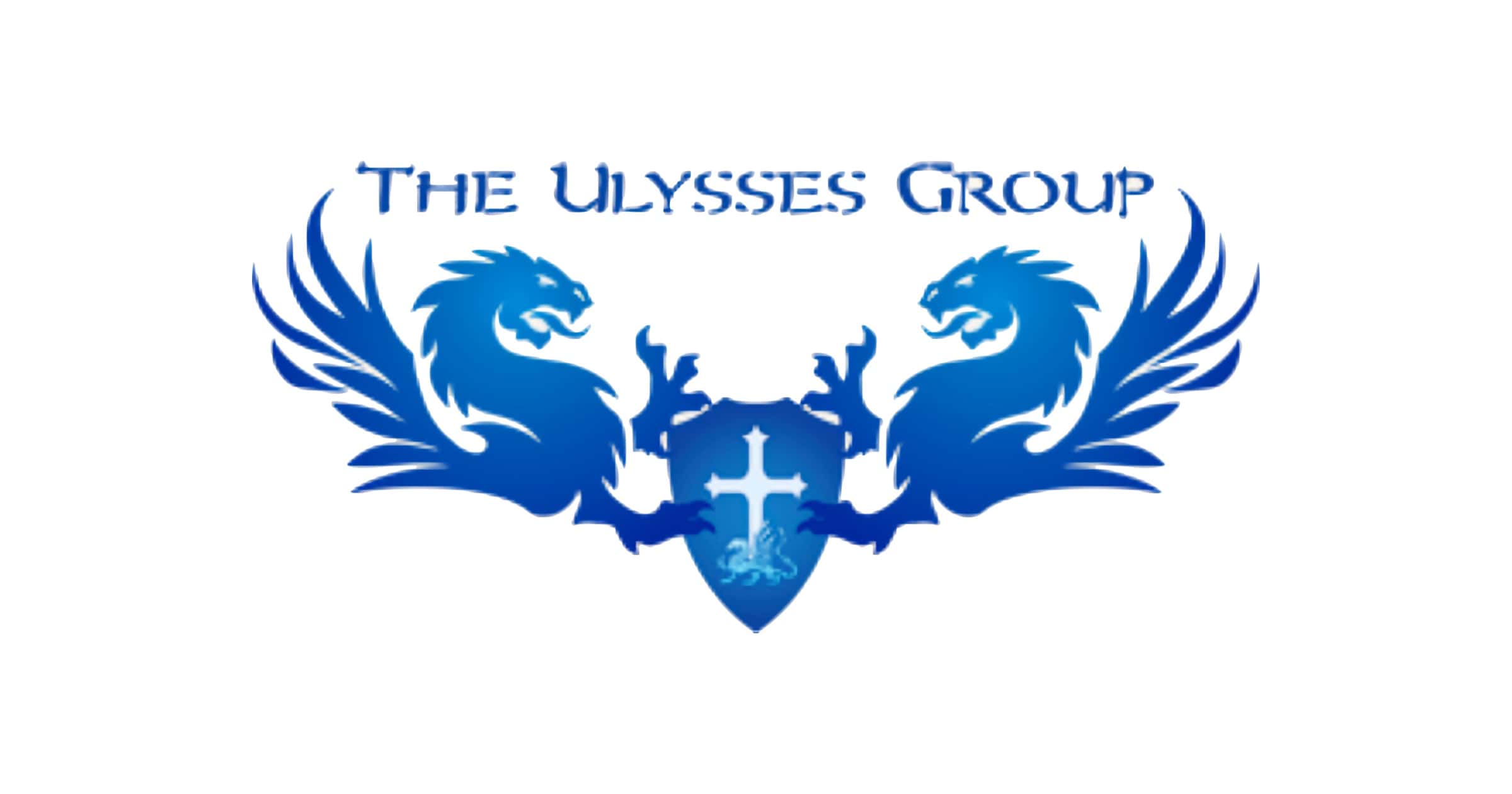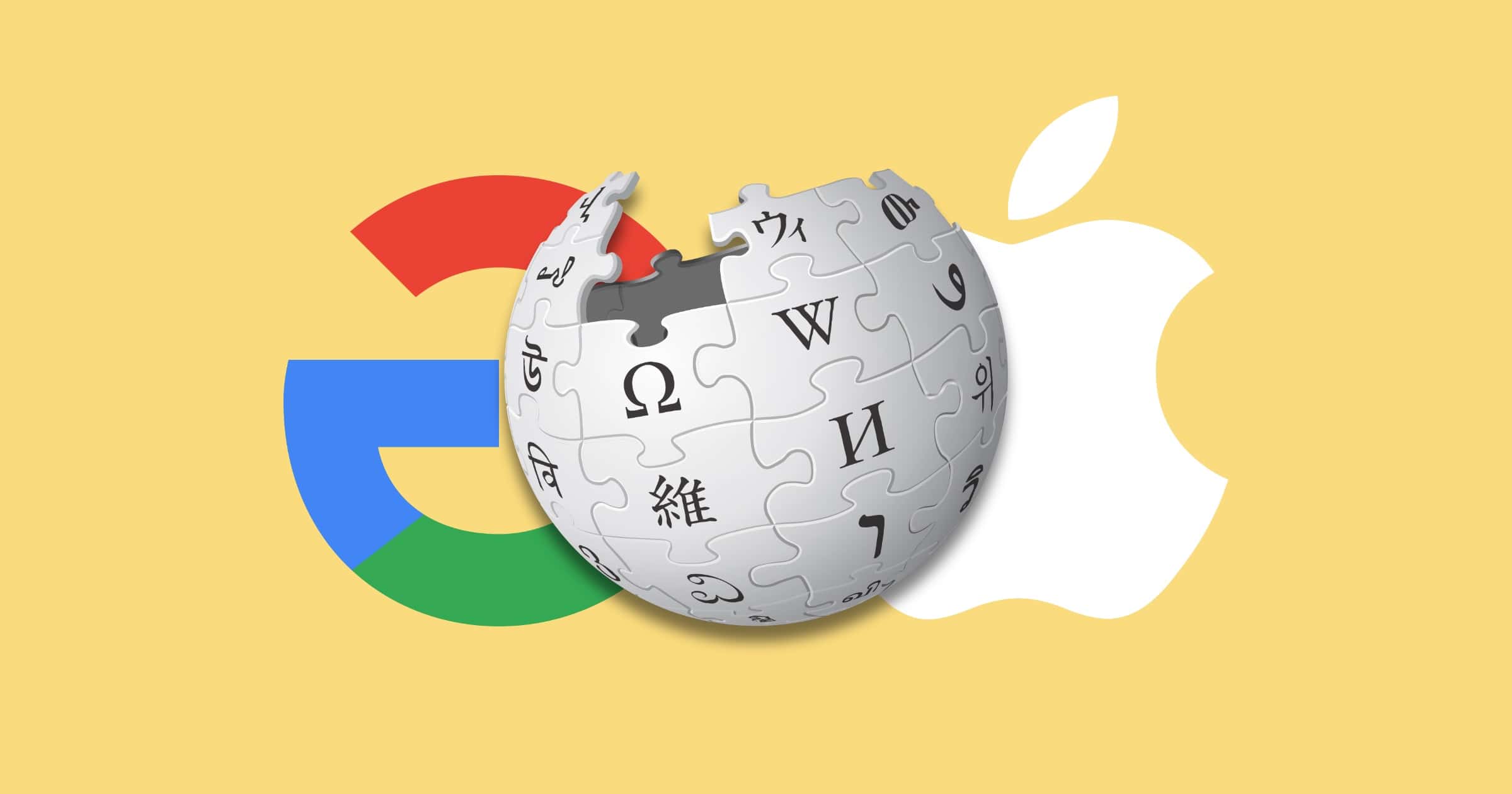Collabio Spaces is an interesting new office suite that allows for document collaboration without needing external servers. Unfortunately it requires a subscription, but could be a useful tool for sensitive documents.
The P2P software lets multiple people co-edit a document locally — from a mobile device or desktop computer — without A) the risk of uploading sensitive information to the cloud (i.e. as you must if you’re using a shared document function of a service like Google Docs); or B) the tedium of emailing a text to multiple recipients and then having to collate and resolve changes manually, once all the contributions trickle back.
